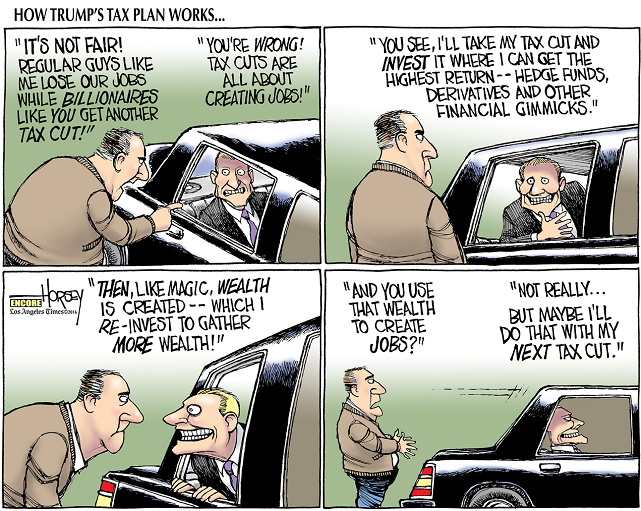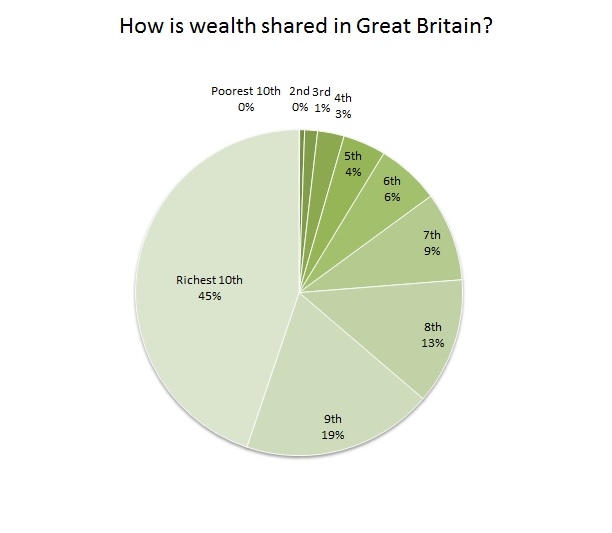“England’s mortality rate for under-fives 50% higher than in Sweden”,
Guardian, 4.5.18.
Hands up if you think this is a surprising statistic. It’s not of course; it’s part of a pattern of declining social, emotional and physical health caused by increasing inequality. Things are getting worse…’worse by design’, a strapline to go along with ‘we’re all in it together’.
The Guardian piece goes on to say:
“although it has a similar level of economic development and healthcare to Sweden, the UK’s more unequal wealth distribution leads to poorer maternal health during pregnancy”.
To be clear, this means preventable deaths of children and babies are …well not being prevented. The way we let our children die (because that is what we as a country or they as a government choose to do) is the way we do or don’t do a whole lot of other things. Here’s a list[1] of things that grow worse as inequality increases:
- low level of trust;
- mental illness (including drug and alcohol addiction);
- life expectancy and infant mortality;
- obesity;
- children’s educational performance;
- teenage births;
- homicides;
- imprisonment rates;
- social mobility (not to be confused with grammar schools!)
There are other items which could be added to the list; even levels of recycling are higher in more equal countries.
The most unequal countries in the ‘developed’ world are Singapore, USA, Portugal and the good old UK. In these countries the gap between the rich and the poor is …. somewhat extreme and so are the negative indicators of social and physical health and well-being. The same correlation is found when data for US states is analysed. The greater the level of inequality, the less trusting, mentally stable, alive!, BMI healthy, academically achieving, not pregnant, not murdered, not in jail, and socially mobile will be the population.
“Compared to other developed countries the UK has a very unequal distribution of income. Out of the 30 OECD countries in the LIS data set, the UK is the seventh most unequal, and within this data set it is the fourth most unequal in Europe.”
https://www.equalitytrust.org.uk/scale-economic-inequality-uk
Here’s the thing though; these poor quality of life factors don’t just hit the poor. The poor are over-represented in the statistics to be sure – nothing surprising about that – but the negative physical and social outcomes are spread across the whole of society. In a more unequal society great wealth won’t stop you being less trusting or more likely to murder or be murdered than your counterpart in Sweden. Trickle-down economics and being “intensely relaxed about people getting filthy rich as long as they pay their taxes” are no recipe for the general good, or even the good of the filthy rich, it seems, as Peter Mandelson belatedly recognised .

These clear links between the level of inequality and well-being apply when the dataset is from countries and when the dataset is from US states. There is a clear correlation, demonstrating a causal link, between levels of inequality and quality of life – the greater the gap between ‘haves’ and ‘haven’t a chance of having’, the worse (and shorter) life is for all of us. The findings don’t relate to levels of absolute poverty or wealth, they relate to the distance between the two – they are about fairness and our perception of it.
The ‘developed’ world seems to have reached the point when further increases in living standards don’t actually make a positive difference to health and happiness and we’ve certainly reached the point when the earth and the natural world are showing signs of stress we had better stop ignoring. It’s a big ask to turn greed around. If there is profit to be made, the cost to others of making it is seldom a factor: biofuels seemed a good environmental idea once but someone saw a chance to make money so forests are being cleared to grow biofuel crops and tankers of biofuel are crossing the Atlantic from Europe to the USA and back in order to pick up the US government subsidy paid when small qualities of petroleum are added in the US rather than Europe.
The US is the most unequal society in the ‘developed’ world. It has the highest rates of crime, poverty, drug abuse, violence (you name it they’ve got the highest) in the ‘developed’ world too. We’ve been trying to catch them up under this government but the EU got in the way. So we’re taking back control so that we can give it to the US and become even more of a colony. Hence the right-wing press, politicians and tax exiles are pro-Brexit on any terms and hence the deliberate run-down of public services so they’re ready to be sold to US business.
If we focus on the UK
The graph below shows how income is shared amongst households. The poorest fifth of society have only 8% of the total income, whereas the top fifth have 40%.

Wealth in Great Britain is even more unequally divided than income. The richest 10% of households hold 45% of all wealth. The poorest 50%, by contrast, own just 8.7%.6

- We have astronomical pay inequality, with workers trapped on poverty wages while Chief Executives take home pay packets that resemble massive lottery wins each year. Britain’s top bosses are paid, on average, well in excess of 100 times more than nurses, teachers, police officers and care workers.
- We have staggering wealth inequality, with the richest 1,000 people in Britain owning more wealth than the poorest 40% of UK households.
- We have a housing crisis that is fueling homelessness, locks the vast majority of renters out of home ownership and traps many in substandard housing – plus an outdated council tax system that hits the poorest hardest.
- We have a shocking gap in healthy life expectancy which condemns the poorest to 20 fewer years of healthy life than the richest.
- We have unacceptable attainment gaps between equally bright children from richer and poorer backgrounds.
- We have people falling through gaping holes in our safety net, a record high for food bank usage, and rising death rates for babies and the frail elderly and rising child poverty.
What does this mean for the lives we all live? Well here’s one thing it means:
The life expectancy gap between England’s richest and poorest communities has grown over the past 14 years, a report has found.
”We know that the UK has one of the highest levels of income inequality in the developed world and this report reveals that low incomes are costing lives. After ONS figures last month showing a similar trend, alarm bells ought to be ringing in the heart of Government. This trend can only move upwards, as the UK has become a country where nurses and teachers depend on food banks, where four million children live in poverty and working people are exploited by low wages and the gig economy. The roll out of Universal Credit and over a million children losing their free school meals could also contribute to more ill health and more inequality.”
It is, undeniably, a matter of life and death: The majority of the top 50 local areas in England and Wales which had the lowest life expectancy for both girls and boys were found in the North East and North West of England and in Wales. The top 50 local areas with the highest life expectancy were almost all in the East Midlands, South East, East of England, South West or London. I don’t think it’s because the south gets better weather. (https://fullfact.org/health/life-expectancy-and-poverty/)
Material inequalities have powerful psychological effects: when the gap between rich and poor increases, so does the tendency to define and value ourselves and others in terms of superiority and inferiority. Of course, we know all this; if it’s not common sense it’s gut feeling – fairness matters. Societies based on fundamental equalities, sharing and reciprocity generate much higher levels of well-being. If suicide pills like Brexit need an explanation it’s to be found in the alienation that springs from the rising inequality and unfairness that has been the raison detre of our government. And we’ve got used to it! The hypocricy of a slogan like ‘making work pay’ (well done that Spad) – so close to ‘Arbeit macht frei’ – and meaning starve the needy off benefits, no longer shocks.

If we want a better life for everyone we’d do well to aim for narrowing inequality, implementing the circular economy[2], and recognising that the ‘developed’ world is about as developed as it needs to be. Can you see any sign that the UK government (I won’t even mention the US government) is heading in the right direction? Read more at https://www.penguin.co.uk/books/188607/the-inner-level/#KRFlTqxIVujgfuU5.99
[1] Almost all of the underpinning for this writing comes from The Spirit Level by Richard Wilkinson and Kate Pickett, Penguin Books, 2010 and the Equality Trust (https://www.equalitytrust.org.uk). Look out for “The Inner Level – How More Equal Societies Reduce Stress, Restore Sanity and Improve Everyone’s Wellbeing” their follow-up published this month.
[2] Looking beyond the current “take, make and dispose” extractive industrial model, the circular economy is restorative and regenerative by design. Relying on system-wide innovation, it aims to redefine products and services to design waste out, while minimising negative impacts. Underpinned by a transition to renewable energy sources, the circular model builds economic, natural and social capital. See the Ellen McArthur Foundation for more: https://www.ellenmacarthurfoundation.org/circular-economy